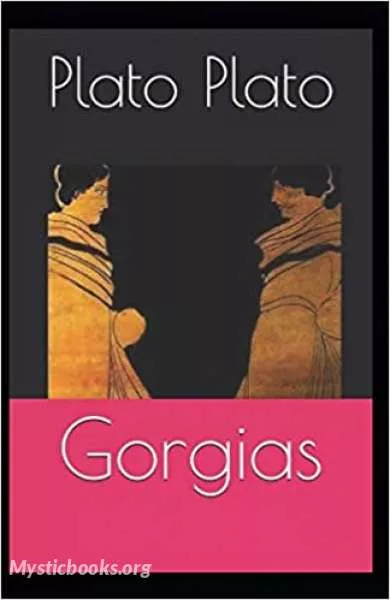
Gorgias
'Gorgias' Summary
The dialogue begins just after Gorgias has given a speech. Callicles says that Gorgias is a guest in his home, and has agreed to a private audience with Socrates and his friend Chaerephon. Socrates gets Gorgias to agree to his cross-examination style of conversation. Gorgias identifies his craft as rhetoric, and affirms that he should be called a rhetorician. As Socrates asks him questions, he praises him for the brevity of his replies. Gorgias remarks that no one has asked him a new question in a long time, and when Socrates asks, he assures him that he is just as capable of brevity as of long-windedness (449c).
Gorgias admits under Socrates' cross-examination that while rhetoricians give people the power of words, they are not instructors of morality. Gorgias does not deny that his students might use their skills for immoral purposes (such as persuading the assembly to make an unwise decision, or to let a guilty man go free), but he says the teacher cannot be held responsible for this. He makes an argument from analogy: Gorgias says that if a man who went to wrestling school took to thrashing his parents or friends, you would not send his drill instructor into exile (456d–457c). He says that just as the trainer teaches his craft (techne) in good faith, and hopes that his student will use his physical powers wisely, the rhetorician has the same trust, that his students will not abuse their power.
Socrates says that he is one of those people who is actually happy to be refuted if he is wrong. He says that he would rather be refuted than to refute someone else because it is better to be delivered from harm oneself than to deliver someone else from harm. Gorgias, whose profession is persuasion, readily agrees that he is also this sort of man, who would rather be refuted than refute another. Gorgias has only one misgiving: he fears that the present company may have something better to do than listen to two men try to outdo each other in being wrong (458b–c). The company protests and proclaims that they are anxious to witness this new version of intellectual combat.
Book Details
Language
EnglishOriginal Language
GreekPublished In
380 BCAuthors
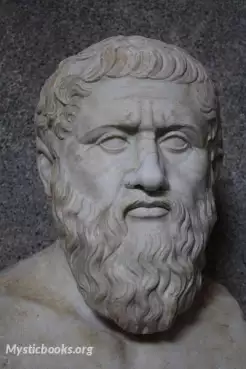
Plato (Πλάτων)
Greece
Plato ( Classical Attic; 428/427 or 424/423 – 348/347 BC)) was an Athenian philosopher during the Classical period in Ancient Greece, founder of the Platonist school of thought and the Academy,...
Books by Plato (Πλάτων)Download eBooks
Listen/Download Audiobook
- Select Speed
Related books

Seeing Darkly by John Sparhawk Jones
This book, 'Seeing Darkly' by John Sparhawk Jones, comprises a series of sermons exploring themes of faith and knowledge. The central focus is the int...
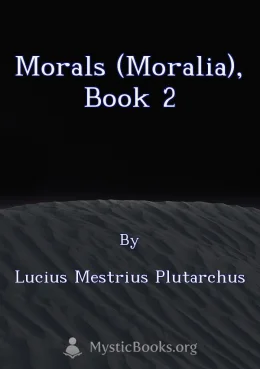
Morals (Moralia), Book 2 by Lucius Mestrius Plutarchus
The *Moralia* is a collection of 78 essays and speeches by the 1st-century Greek writer Plutarch. These works offer insights into Roman and Greek life...
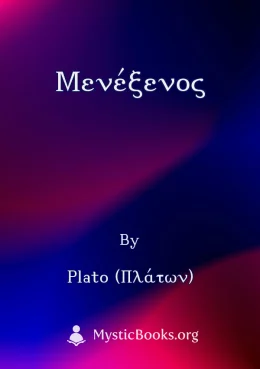
Μενέξενος by Plato (Πλάτων)
The Menexenus is a Platonic dialogue in which Socrates and a young Athenian named Menexenus engage in a humorous and ironic conversation about funeral...
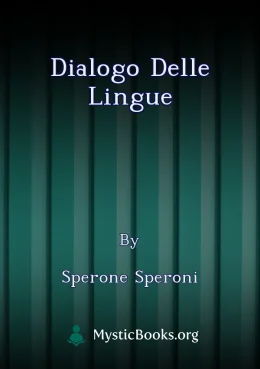
Dialogo delle lingue by Sperone Speroni
The Dialogue of Languages (Dialogo delle lingue) is a Renaissance dialogue by the Italian humanist Sperone Speroni, first published in 1542. It is con...
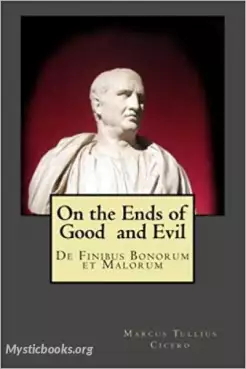
On the Ends of Good and Evil by Marcus Tullius Cicero
De finibus bonorum et malorum ("On the ends of good and evil") is a Socratic dialogue by the Roman orator, politician, and Academic Skeptic philosophe...
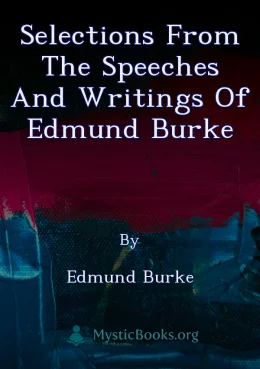
Selections from the Speeches and Writings of Edmund Burke by Edmund Burke
This book presents a selection of speeches and writings by Edmund Burke, a prominent British statesman and philosopher. The work delves into Burke's p...

Books Fatal to Their Authors by Peter Hempson Ditchfield
This book tells the stories of authors who have lost their fortunes and sometimes their lives after writing a book. It explores the dangers of free th...

The Bridge of History Over the Gulf of Time by Thomas Cooper
Written by the former skeptic, poet, and scholar, Thomas Cooper, The Bridge of History Over the Gulf of Time admirably sets forth a winsome defense of...
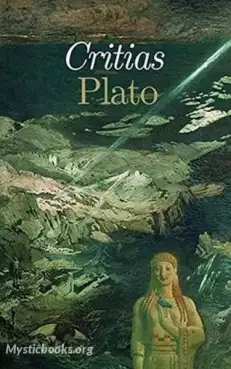
Critias by Plato (Πλάτων)
Critias, one of Plato's late dialogues, recounts the story of the mighty island kingdom Atlantis and its attempt to conquer Athens, which failed due t...
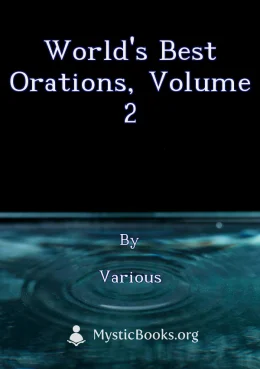
World's Best Orations, Volume 2 by Various
This volume, part of a ten-volume set, presents a collection of notable orations from various fields, including the pulpit, legal proceedings, legisla...
Reviews for Gorgias
No reviews posted or approved, yet...